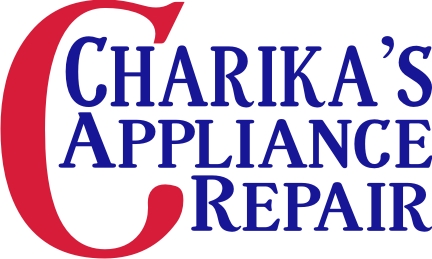KEEP SAFE FROM FOODBORNE ILLNESSES
by Erika Ledoux on 08/29/14
Storage Basics
- Refrigerate or freeze perishables right away. Foods that require refrigeration should be put in the refrigerator as soon as you get them home. Stick to the "two-hour rule" for leaving items needing refrigeration out at room temperature. Never allow meat, poultry, seafood, eggs, or produce or other foods that require refrigeration to sit at room temperature for more than two hours—one hour if the air temperature is above 90° F. This also applies to items such as leftovers, "doggie bags," and take-out foods. Also, when putting food away, don't crowd the refrigerator or freezer so tightly that air can't circulate.
- Keep your appliances at the proper temperatures. Keep the refrigerator temperature at or below 40° F (4° C). The freezer temperature should be 0° F (-18° C). Check temperatures periodically. Appliance thermometers are the best way of knowing these temperatures and are generally inexpensive.
- Check storage directions on labels. Many items other than meats, vegetables, and dairy products need to be kept cold. If you've neglected to properly refrigerate something, it's usually best to throw it out.
- Use ready-to-eat foods as soon as possible. Refrigerated ready-to-eat foods such as luncheon meats should be used as soon as possible. The longer they're stored in the refrigerator, the more chance Listeria, a bacterium that causes foodborne illness, can grow, especially if the refrigerator temperature is above 40° F (4° C).
- Be alert for spoiled food. Anything that looks or smells suspicious should be thrown out. Mold is a sign of spoilage. It can grow even under refrigeration. Mold is not a major health threat, but it can make food unappetizing. The safest practice is to discard food that is moldy.
- Be aware that food can make you very sick even when it doesn't look, smell, or taste spoiled. That's because foodborne illnesses are caused by pathogenic bacteria, which are different from the spoilage bacteria that make foods "go bad." Many pathogenic organisms are present in raw or undercooked meat, poultry, seafood, milk, and eggs; unclean water; and on fruits and vegetables. Keeping these foods properly chilled will slow the growth of bacteria.
- Following the other recommended food handling practices (clean your hands, surfaces and produce, separate raw foods from ready-to-eat foods, and cook to safe temperatures) will further reduce your risk of getting sick.
Source: http://www.fda.gov/forconsumers/consumerupdates/ucm093704.htm
Comments (1)
